Implementing Resolution No. 68-NQ/TW of the Politburo and Resolution No. 138/NQ-CP of the Government, Hanoi City has issued an implementation plan with specific goals, targets and tasks until 2030, with a vision to 2045. The overarching goal is to make the private economic sector an important driving force in the new growth model of the Capital, contributing about 55 - 60% of GRDP and 50 - 55% of total budget revenue by 2030.
Developing private economy suitable to the characteristics of the capital
Vice Chairman of the Hanoi People's Committee Truong Viet Dung said that immediately after Resolution No. 68 of the Politburo was issued, Hanoi promptly took action to put the Party and State's policies into practice. On July 3, 2025, the Hanoi Party Committee issued Action Plan No. 348, setting out specific goals for 2025, the 2026-2030 period and a vision to 2045, with 88 key tasks to develop the private economy in accordance with the characteristics of the Capital.
On that basis, the Party Committee and the Hanoi People's Committee issued Plan No. 196, assigning 105 tasks to departments, branches, sectors and People's Committees at all levels, to be implemented according to the "5 clear" principle: clear people, clear work, clear responsibilities, clear time, clear results.

In parallel, Hanoi has issued more than 80 policies to support small and medium enterprises in the 2026-2030 period, focusing on improving governance capacity, developing production infrastructure, building a creative startup ecosystem, tax incentives and financial support for key science and technology fields. The city promotes comprehensive digital transformation in government activities, applying the "green lane" mechanism to process business records within 24 hours, shortening at least 60% of the time to process procedures in 10 key areas.
According to Mr. Truong Viet Dung, thanks to synchronous efforts, the private economic sector is now contributing increasingly to the growth of the capital. In the first 7 months of 2025 alone, Hanoi had 18,000 newly established enterprises with a total registered capital of 180 trillion VND, bringing the total number of enterprises in the area to nearly 420 thousand. GRDP in 6 months increased by 7.63%, of which the service sector increased by 8.34%, contributing 5.82 percentage points to growth. Budget revenue reached 87.5% of the estimate, of which the private sector contributed significantly.
Along with that, Hanoi attracted 3.75 billion USD of FDI capital (up 191%), export turnover reached 11.9 billion USD (up 12.3%), total retail sales and service revenue reached 531 trillion VND (up 11.9%). The movement of converting business households into enterprises increased 3-4 times compared to before, expected to reach about 10,000 households for the whole year.
Vice Chairman of the Hanoi People's Committee Truong Viet Dung said that the city aims to have 230,000 active enterprises by the end of 2025, reaching 27 enterprises per 1,000 people; the private economic sector contributes 50-55% of GRDP, 45-50% of total budget revenue and creates jobs for 55-60% of the workforce.
“With this growth scenario, GRDP in 2025 is estimated to reach about 63.5 billion USD, of which the private sector's contribution will reach 31.8-35 billion USD - a figure that demonstrates the belief, aspiration and strong resilience of Hanoi's private economy on the journey to a prosperous future,” said Mr. Truong Viet Dung.
Create trust and a favorable development environment
Plan 196 of the Hanoi People's Committee emphasizes that private economic development is not only an economic requirement but also a political requirement - to unleash the potential, creativity and will to rise of the people and businesses. The city requires a shift in management thinking to a mindset of service and development creation, considering businesses as companion partners rather than management objects.
All levels, sectors and localities must specify the task of developing the private economy in the annual work program, strictly implementing the principle of "5 clear": clear people, clear work, clear responsibility, clear time and clear results. The head of the Party Committee and government is directly responsible for directing, inspecting and evaluating the implementation results.

To create a favorable business environment, the Hanoi People's Committee assigned the Department of Finance to coordinate with relevant departments to shorten the time for handling administrative procedures by at least 30%, and at the same time deploy 100% of level 4 online public services in the fields of business registration, investment, land and tax.
Hanoi also encourages private enterprises to develop in the fields of technology and innovation, with the target that by 2030, 90% of small and medium-sized enterprises will use digital platforms, 100% will apply electronic contracts, and over 50% will have innovation activities.
To develop the private sector substantially, Hanoi focuses on removing three "bottlenecks": Land, capital and human resources. Regarding land, the city plans about 1,500 hectares of land in industrial parks and clusters for small and medium enterprises and creative startups to rent at preferential prices. Regarding capital, the city implements a Credit Guarantee Fund for small and medium enterprises. Hanoi sets a target that by 2030, 70% of workers in the private sector will be trained and have their vocational skills improved.
The city also identified science, technology and innovation as the “key” to the new growth model, with the private sector at the center. The Department of Science and Technology was assigned to preside over the implementation of the Program to support innovation and digital transformation for private enterprises, training at least 70-80% of small and medium enterprises in management and digital transformation in the period 2025-2030.
Source: https://baotintuc.vn/kinh-te/khoi-day-niem-tin-khat-vong-phat-trien-kinh-te-tu-nhan-o-thu-do-20251014124145901.htm





![[Photo] The 18th Hanoi Party Congress held a preparatory session.](https://vphoto.vietnam.vn/thumb/1200x675/vietnam/resource/IMAGE/2025/10/15/1760521600666_ndo_br_img-0801-jpg.webp)


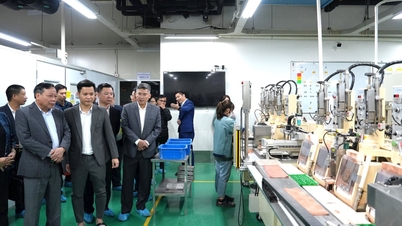


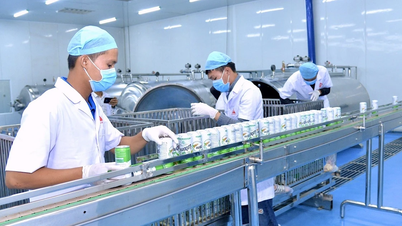

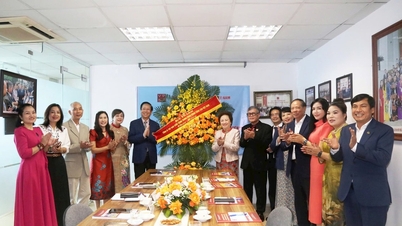

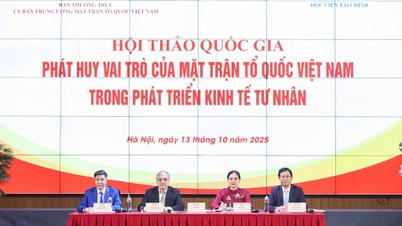




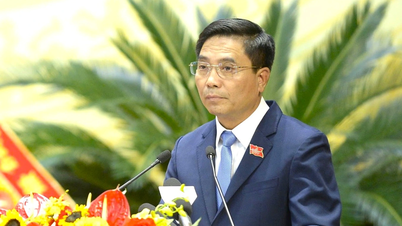

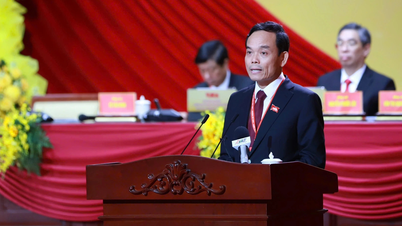

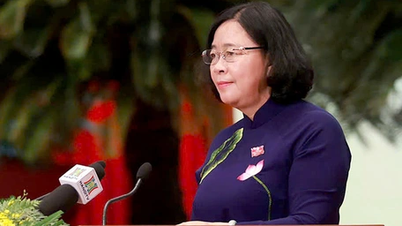

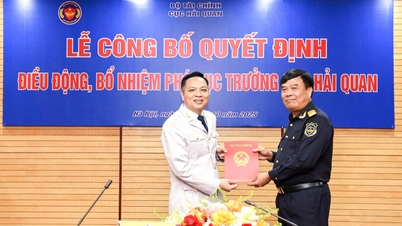
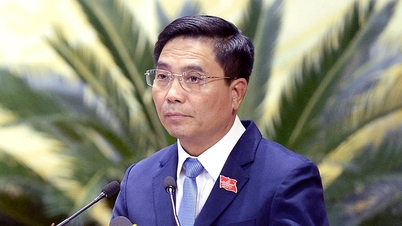





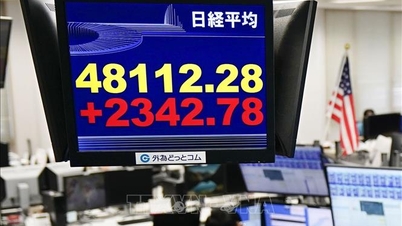

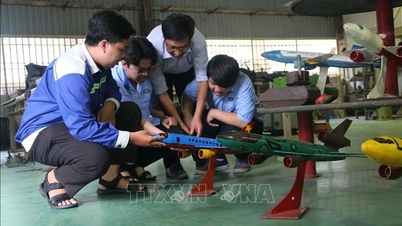
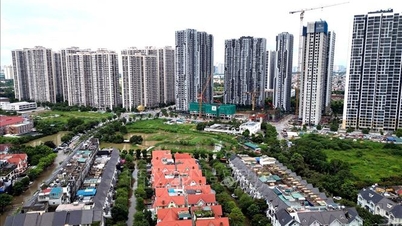
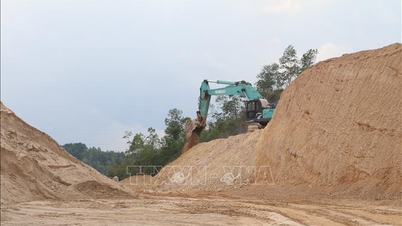




















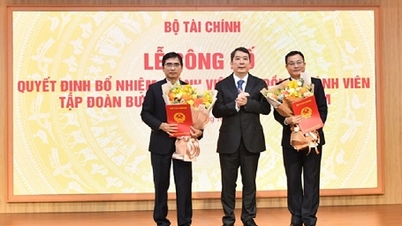

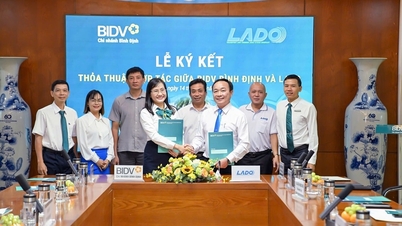











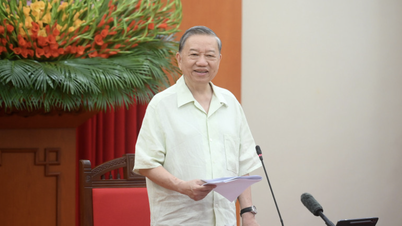
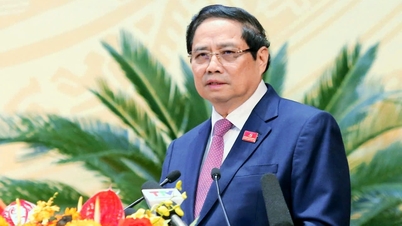
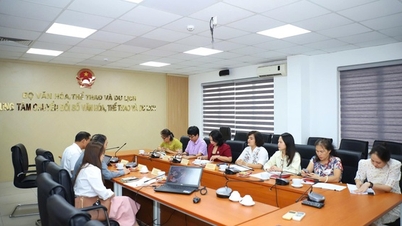

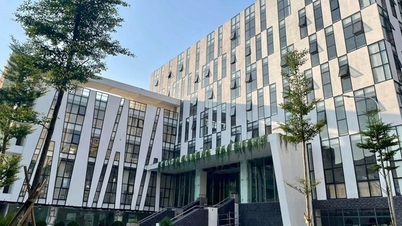
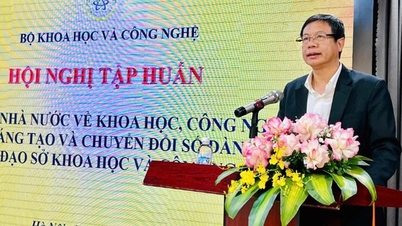





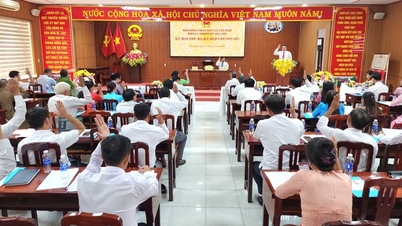
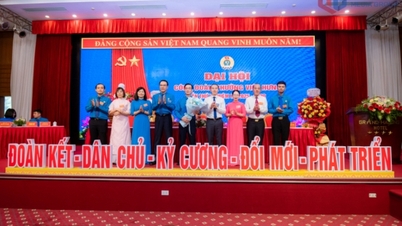

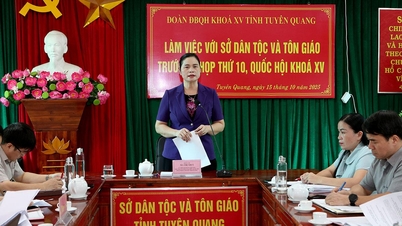





















Comment (0)